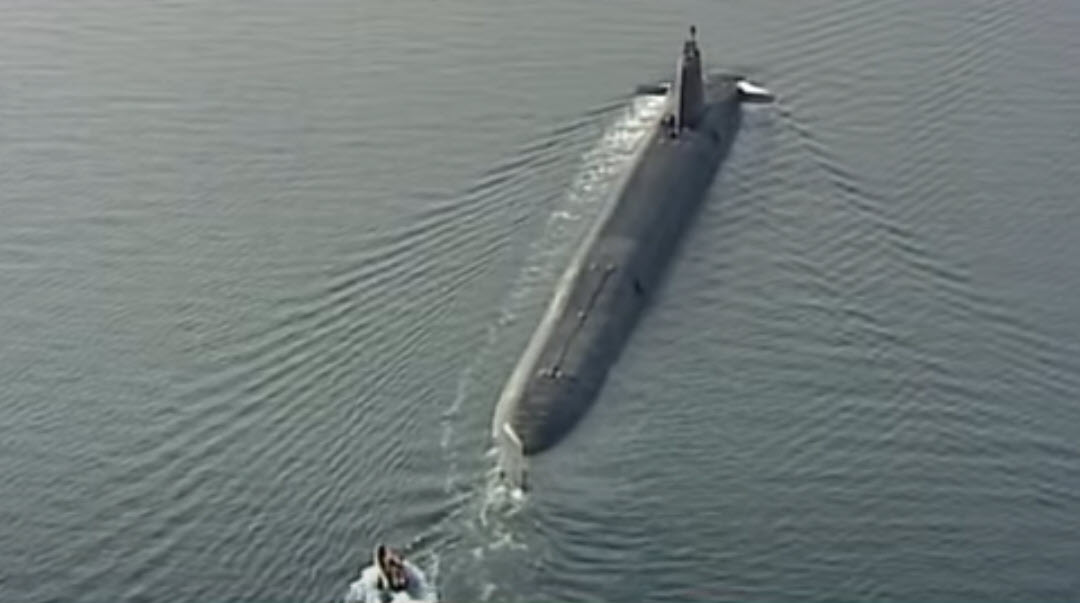The United Kingdom is grappling with a significant setback after a Trident nuclear missile failed for the second time during a test launch into the Atlantic Ocean last month. The incident, which occurred from a Royal Navy submarine, raises concerns about the reliability of the UK’s nuclear deterrent.
The Trident missile, a cornerstone of the UK’s nuclear arsenal, was fired as part of a routine testing procedure. However, the failure has prompted renewed scrutiny into the effectiveness and safety of the country’s nuclear capabilities.
The test was reportedly witnessed by Defence Secretary Grant Shapps and the head of the British Navy, adding a layer of gravity to the situation. The UK’s nuclear deterrent, consisting of Trident missiles, plays a crucial role in the nation’s defense strategy and its ability to deter potential adversaries.
This failure marks the second time in recent years that a Trident missile test has not gone as planned, raising questions about the reliability and maintenance of the aging nuclear arsenal. The incident is likely to spark debates in political and defense circles about the future of the Trident program and the broader implications for the UK’s defense capabilities.
The Ministry of Defence has not provided detailed information about the nature of the failure, citing security concerns. However, the government is expected to face increased pressure for transparency regarding the incident and assurances about the safety of the nuclear arsenal.
As the UK grapples with this setback, there will likely be calls for a thorough investigation and potential reassessment of the Trident program to ensure the country’s nuclear deterrent remains credible and reliable.



